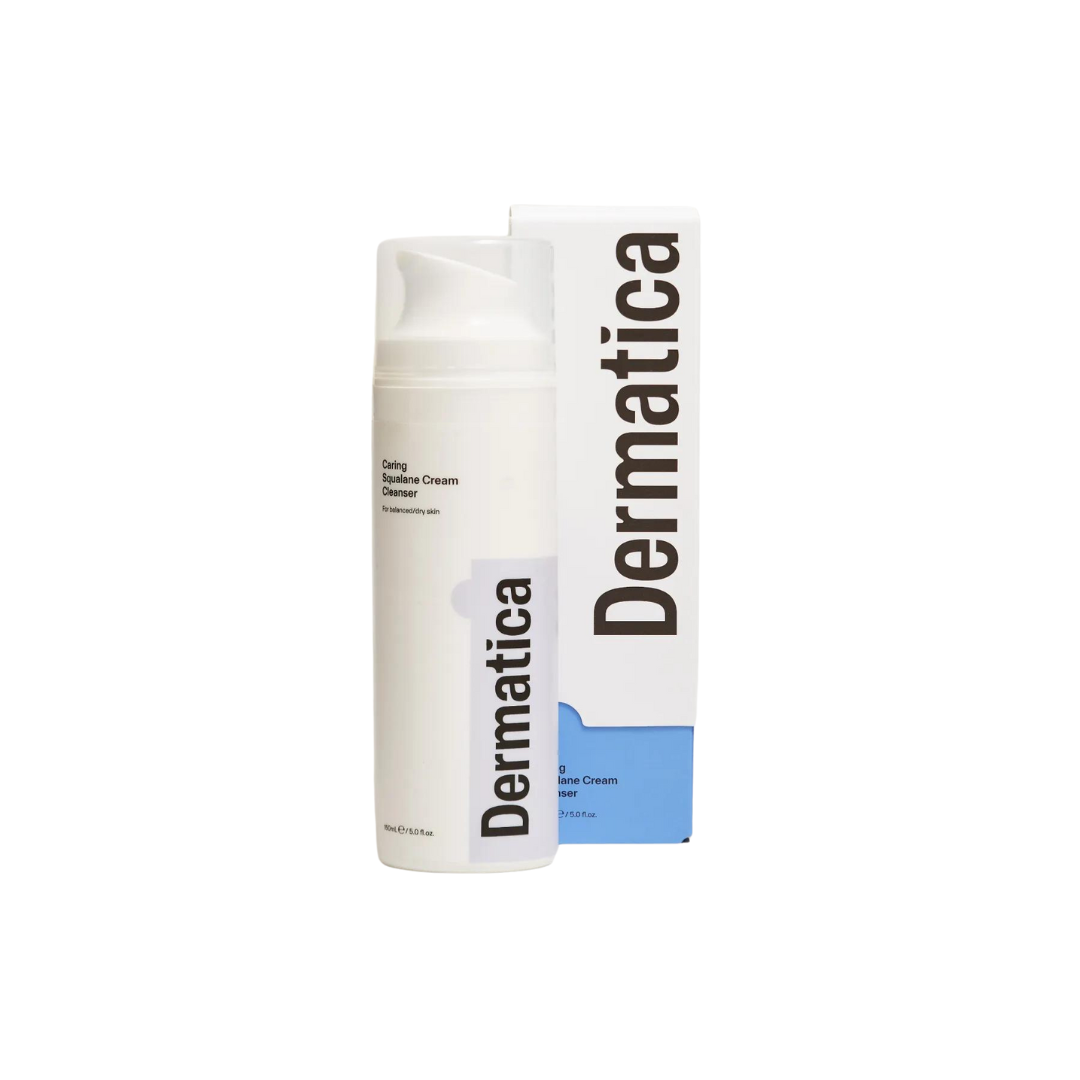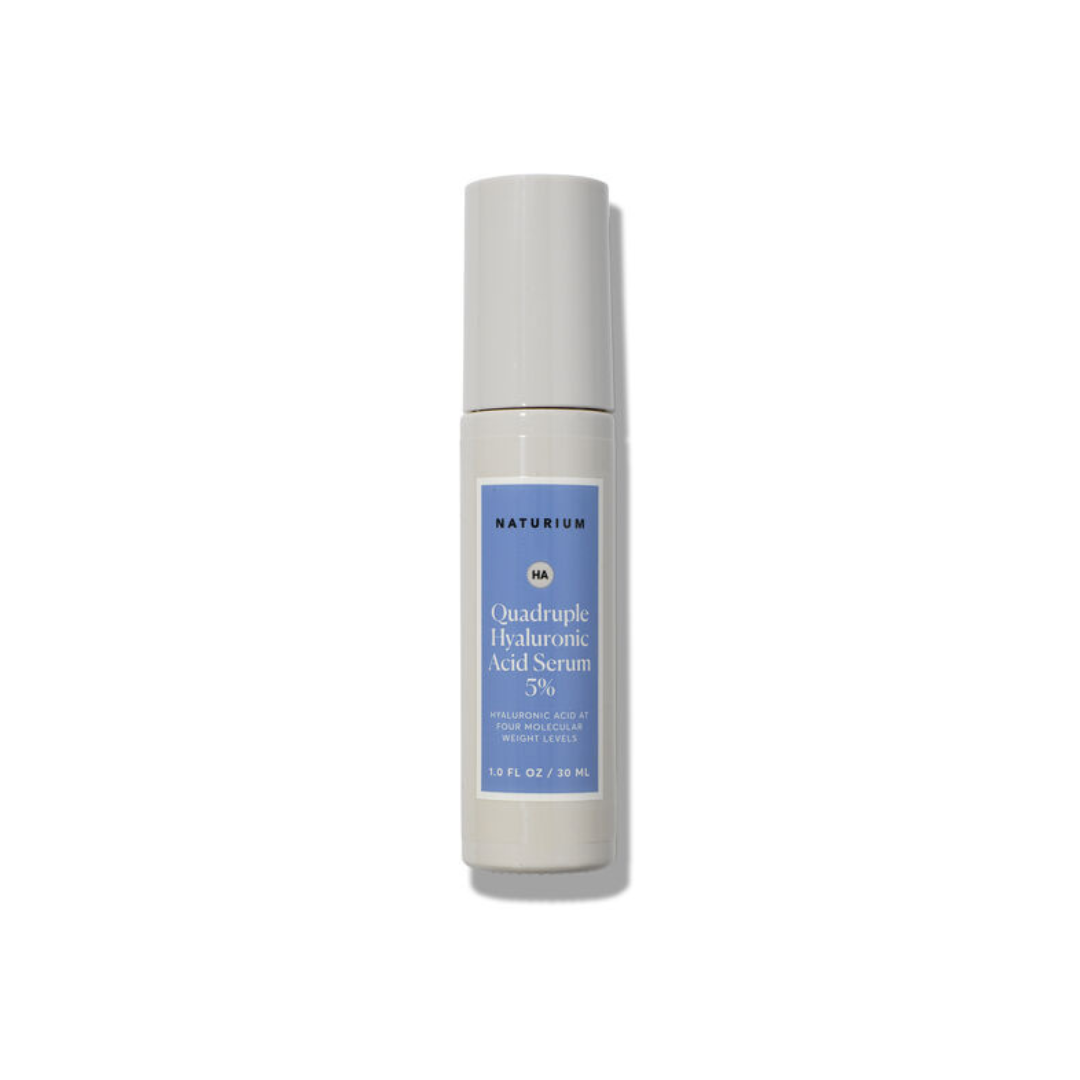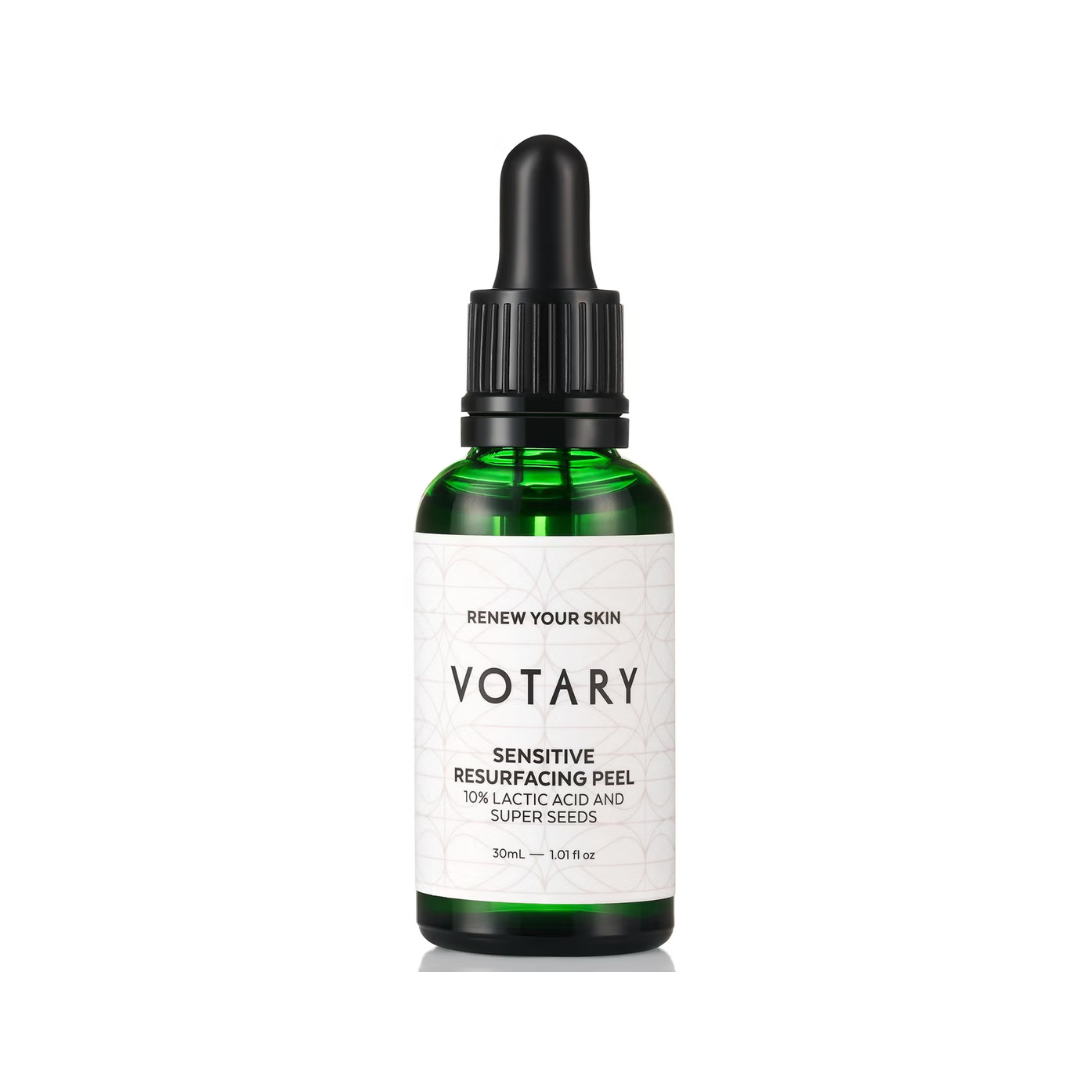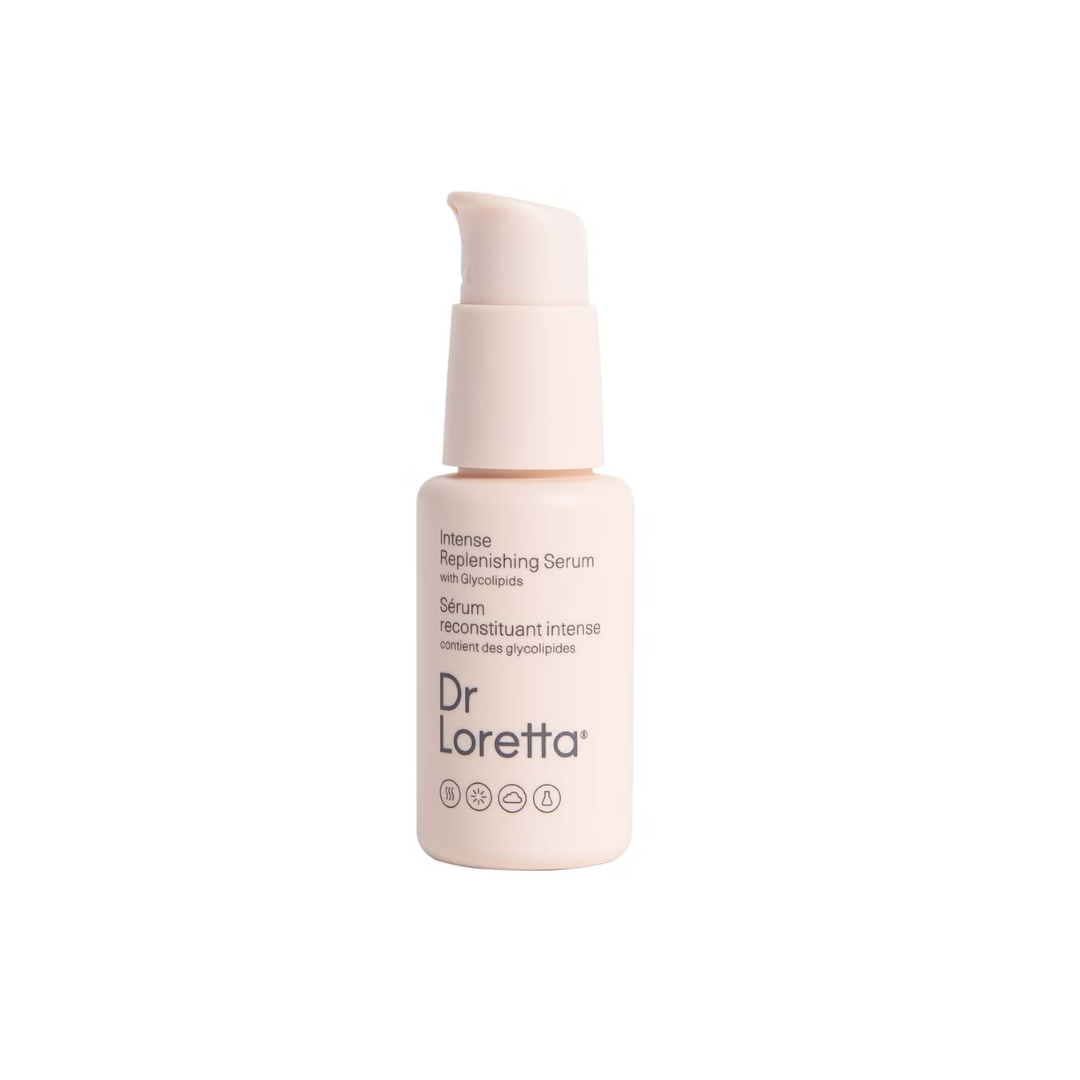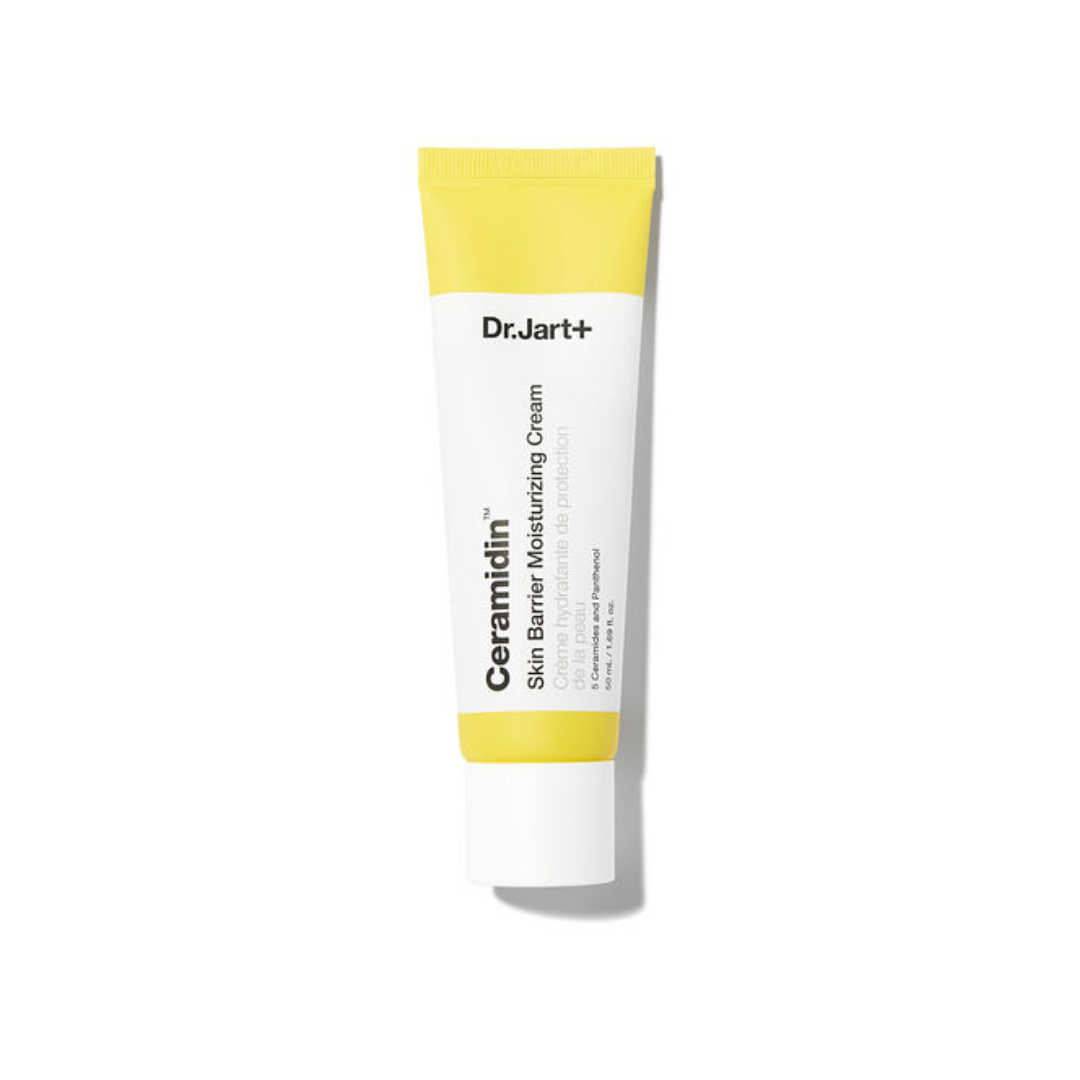Skin feeling extra dry right now? Here are 6 signs that you're not moisturising your skin enough
Flaking? Tightness? Redness? You may be going through a dry spell

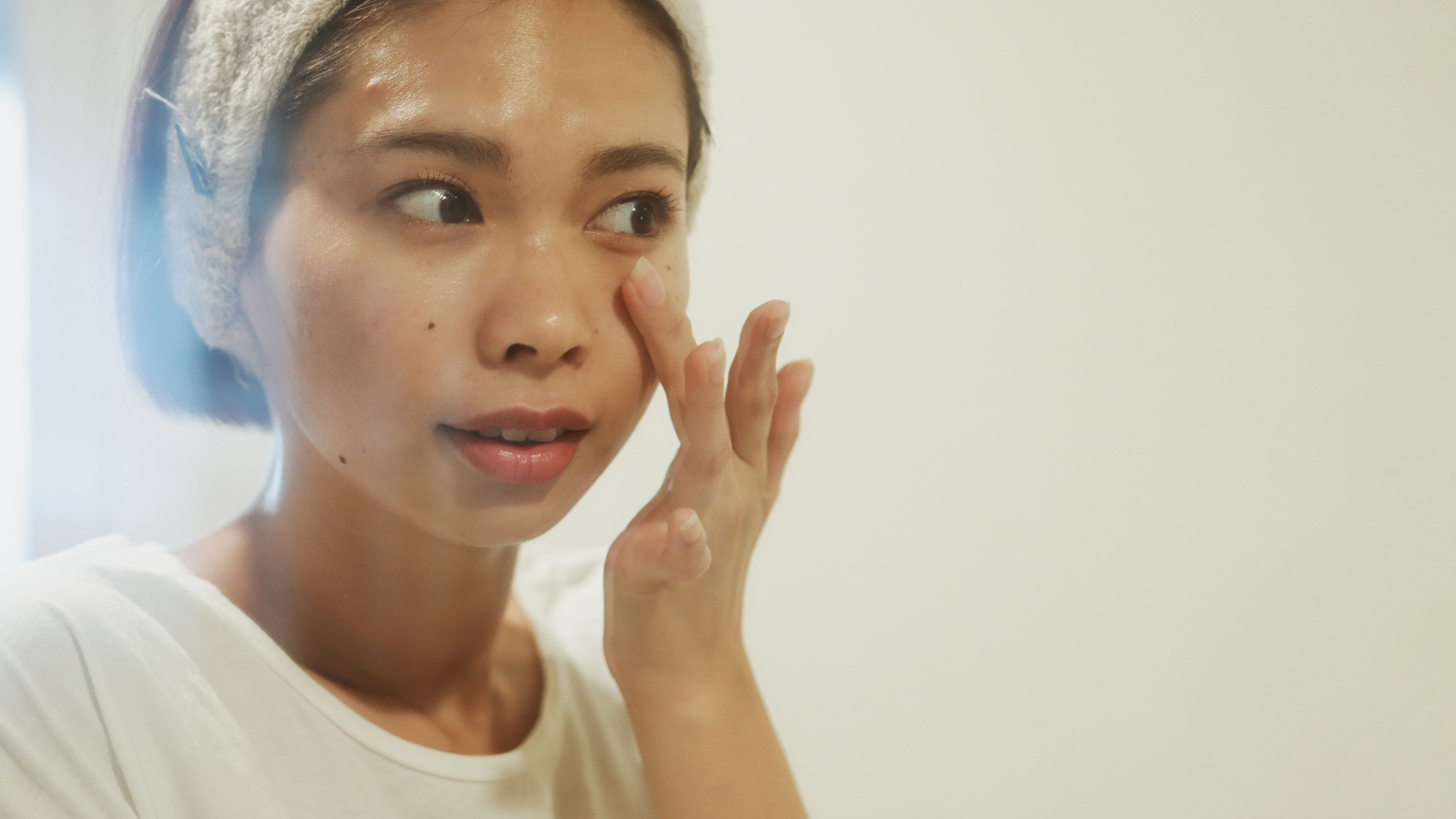
Celebrity news, beauty, fashion advice, and fascinating features, delivered straight to your inbox!
You are now subscribed
Your newsletter sign-up was successful
It's always around about this time of year (when autumn arrives) that skin may begin to feel a little less hydrated and glowing. With the air becoming crisp and the temperature taking a nose-dive, many of us will experience skin dryness. But do you actually have dry skin, or just some areas of dryness? Perhaps your skin is not even dry, perhaps you're just dealing with dehydrated skin.
If you want to determine the answers to these questions, you must first look at the signs of dry skin to see if they line up with your symptoms. On the whole, there are several key signals that might mean you're experiencing dry skin. "Signs of dry skin include a dull complexion, rough or uneven texture, itchiness, irritation, and in most cases, pores are not visible," explains facialist and skin expert, Teresa Tarmey.
The need to detect dry skin is essential if you want to avoid further problems, she continues: "Dry skin can lead to a flaky or scaly appearance, redness, tightness, and an increased tendency to develop fine lines and wrinkles, as well as a risk of eczema, psoriasis and dermatitis."
Here's more about the six key signs of dry skin.
The signs & symptoms of dry skin
- Dull skin: Skin that is crying out for moisture will look dull and unhappy in appearance; in order to glow, your skin needs to be nourished and hydrated. This dullness can highlight fine lines and wrinkles, too.
- Redness: Dryness may lead to red areas of skin due to development of contact dermatitis or the like.
- Itching & irritation: A lack of moisture in the skin can also lead to irritation and itching that can often be painful; and if you give in and scratch, this can exacerbate your condition and lead to skin flaking.
- Flaking: When your skin loses a certain amount of moisture, it starts to flake off. The flaking can occur in any areas that are particularly dry, and look like little bits of skin hanging off.
- Rough areas of skin: This flaking can, in turn, lead to roughness as skin tries to recover with the skin barrier compromised.
- Tight-feeling skin: Less moisture means less movement and elasticity in skin, meaning you may feel 'tight' in some areas, particularly across the cheeks where oil production is lower than on the T-zone. Tightness can also be a signal of dehydration, so assess the skin for other symptoms to determine which one you may have (more on that later).
A post shared by Dr Kemi Fabusiwa (@dr.fab)
A photo posted by on
What is the difference between dry and dehydrated skin?
There is often confusion between dry skin (a skin type) and skin dehydration (a skin condition), and it's easy to see why. Dermatica Dermatologist, Shendy Engelina, explains: "Skin dryness and dehydration can lead to similar skin changes, but they have key differences in causes and symptoms."
She continues: "Dry skin results from a lack of natural oil (sebum) and can be caused by genetics, ageing, environmental factors and hormonal changes. Dehydration, on the other hand, is caused by a lack of water in the skin, often due to insufficient water intake and environmental factors."
Interestingly, it's not just dry skin that can be dehydrated. "Dehydration can affect all skin types, including oily and combination skin. Therefore, oiliness combined with tightness suggests dehydration, while persistent flakiness and a rough texture are signs of dryness," she says.
Celebrity news, beauty, fashion advice, and fascinating features, delivered straight to your inbox!
A post shared by Dr Alexis Granite (@dralexisgranite)
A photo posted by on
Tips for dry skin
Whether you're used to dry skin or experience it intermittently (for example, during the colder seasons), you'll want to consider that all-important skin moisture barrier, which will likely be compromised. There are a number of key skincare ingredients that will help you get back on track and to soothe the skin with moisture.
"To address dry skin, I highly recommend using peptides to strengthen the skin's barrier function," says Tarmey. "This helps maintain hydration and protects the skin from environmental aggressors."
She recommends beginning your routine with a gentle cleanser that does not strip the skin of its natural oils. Next, use a formula (such as a serum or oil) that's rich in hyaluronic acid and ceramides: two ingredients that are brilliant for dry skin. Then for dry skin, Tarmey recommends opting for a "rich, emollient cream" to lock in moisture.
Tarmey also explains that even dry skin needs gentle exfoliation, particularly if you experience flaking. But you have to be very careful with the type of exfoliant you use, and how often you use it. She suggests lactic acid, which is "perfect for soothing dry and dehydrated skin and restoring a natural glow".
As well as a diet rich in hydration (including lots of water), you should also be sure to include plenty of omega-3 fatty acids, says Tarmey.
She adds that, topically, you should use an SPF 50 facial sunscreen everyday to protect skin from environmental damage (which will just make things worse), while Engelina says it's "crucial to choose fragrance-free products that lock in moisture without clogging pores".

Rebecca is a freelance beauty journalist and contributor to Marie Claire. She has written for titles including Refinery29, The Independent, Grazia, Coveteur, Dazed, Stylist, and Glamour. She is also a brand consultant and has worked with the likes of The Inkey List on campaign messaging and branded copy. She’s obsessed with skincare, nail art and fragrance, and outside of beauty, Rebecca likes to travel, watch true crime docs, pet sausage dogs and drink coffee. Rebecca is also passionate about American politics and mental health awareness.
